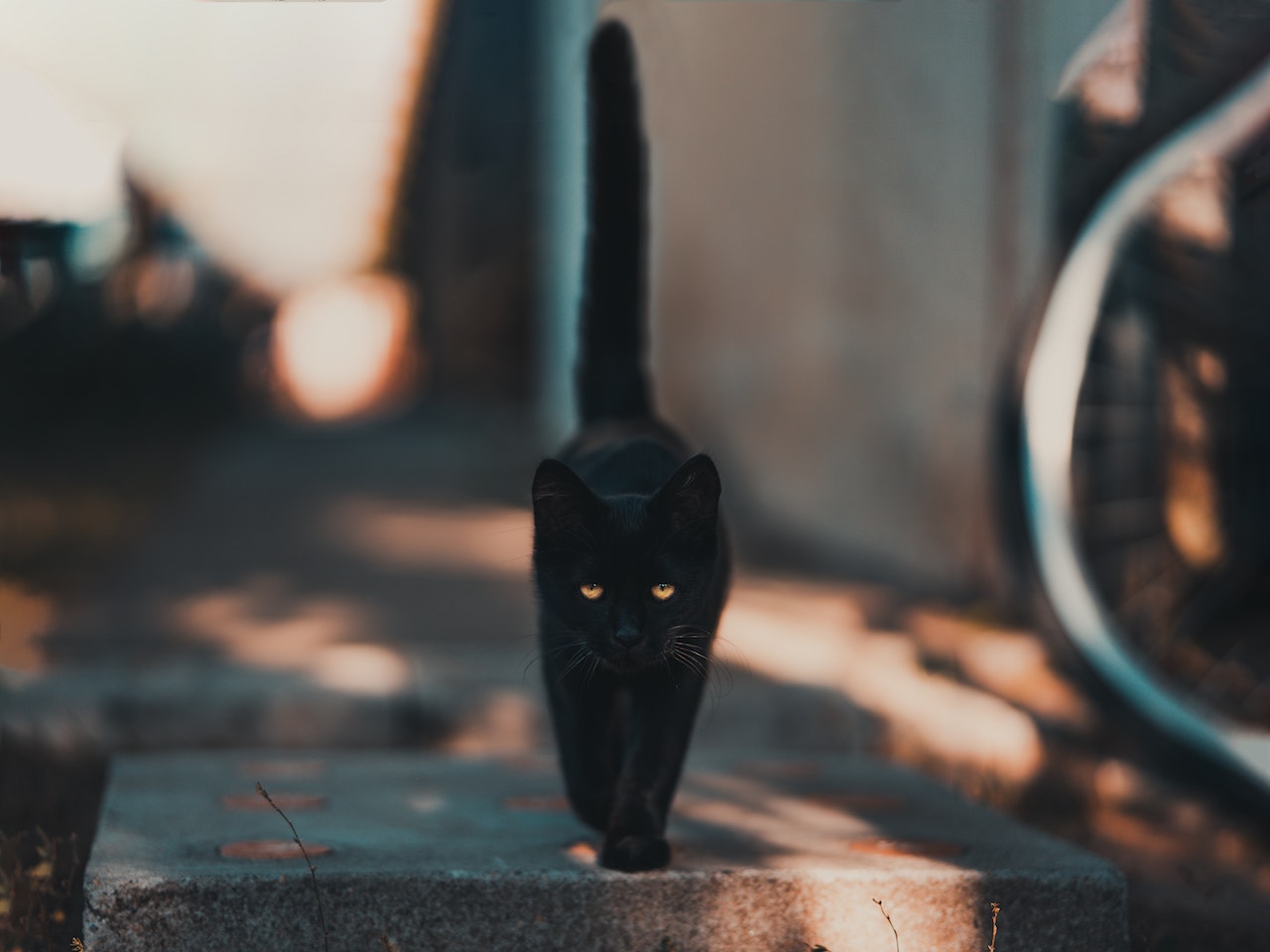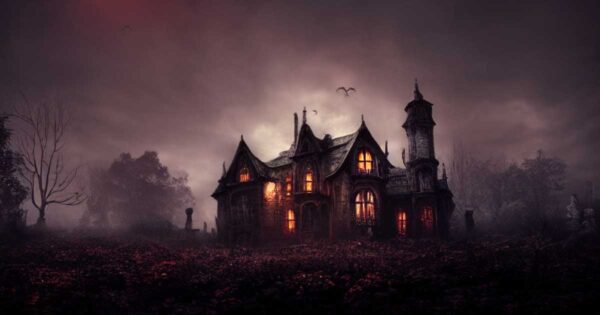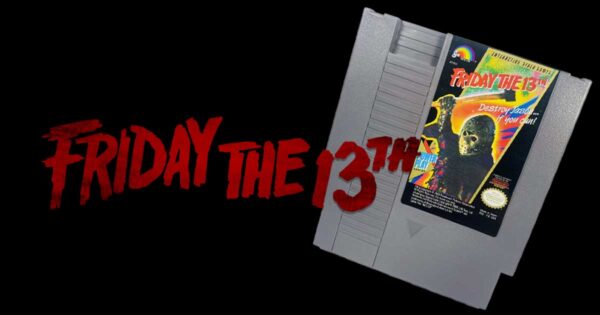Have you wondered why Friday the 13th is considered an unlucky day?

The movie franchise called “Friday the 13th” was released in the 80s and 90s helped the unlucky day gain popularity. But have you ever wondered what the origins are of this day? Although the exact history is unclear there are some theories.
Friday the 13th is a day that is shrouded in superstition and legend. Many people believe that it’s an unlucky day, and that bad things are more likely to happen on this day in comparison to any other day of the year. But where did this belief come from? And why is Friday the 13th considered to be so unlucky?
Origins in Norse Legend
The origins of the superstition surrounding Friday the 13th are not entirely clear, but there are a few theories. One theory is that it has roots in Norse mythology. In Norse legend, the god Loki was considered to be a trickster and the cause of mischief and bad luck. He was the 13th guest to arrive at a dinner party hosted by the gods, and his arrival resulted in the death of the god Balder. This may have led to the association of the number 13 with bad luck.
Friday the 13th based on Christian Traditions
One theory is that the superstition surrounding Friday the 13th is connected to the Christian tradition of the Last Supper. According to the Bible, there were 13 people present at the Last Supper, and one of them, Judas, betrayed Jesus. This may have led to the association of the number 13 with treachery and betrayal.
Unlucky day mentioned in medieval times
Whatever the origins of the superstition may be, it is clear that the belief in the unluckiness of Friday the 13th is an ancient one. The earliest known reference to the superstition can be found in the medieval poem “The Canterbury Tales” by Geoffrey Chaucer, written in the 14th century. In the poem, Chaucer wrote that it was an “unlucky day.”
The Evolution of this Unlucky day
Over the centuries, the superstition surrounding Friday the 13th has continued to evolve and grow. For example, in the 19th century, a book called “The Manual of Astrology” noted that Friday was an unlucky day because it was the day that Adam and Eve ate the forbidden fruit and were expelled from the Garden of Eden. And in the 20th century, the superstition was further perpetuated by the popular urban legends and horror movies, such as the Friday the 13th movie series, which began in 1980.
Despite the superstition surrounding Friday the 13th, many people choose to ignore it and go about their lives as usual. However, for some people, the fear of the day is very real and can cause a great deal of anxiety. This fear is known as paraskevidekatriaphobia, which is the fear of Friday the 13th.
There are also those who choose to embrace the superstition and have fun with it. For example, some hotels and restaurants offer special deals and discounts on Friday the 13th, and some people even throw parties or go on “unlucky” adventures on this day.
The superstition surrounding Friday the 13th is an ancient one that has its roots in Norse mythology and Christian tradition. The belief in the unluckiness of Friday the 13th has evolved over the centuries and has been perpetuated by popular urban legends and horror movies. While some people choose to ignore the superstition and go about their lives as usual, others choose to embrace it and have fun with it. Whatever your stance may be on Friday the 13th, it is clear that this day will always be shrouded in superstition and legend.















Add a comment